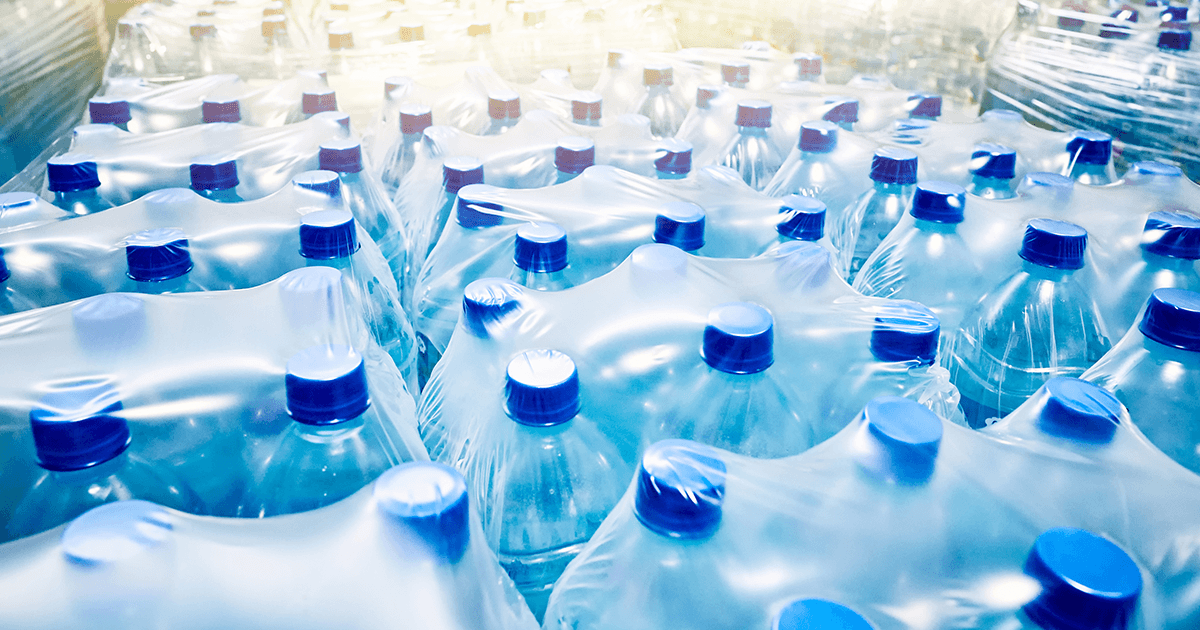A chemical often found in everyday items could increase the risk of developing type 2 diabetes
, researchers have stated.
Bisphenol A (BPA) is frequently used in disposable water bottles and takeaway containers. It is so common that traces are found in the urine of 95 per cent of the population.
A study by researchers at Melbourne’s Baker Heart and Diabetes Institute has revealed BPA could be a factor in the onset of type 2 diabetes.
The BPA levels of 755 people were tracked over a period of nine years. The team of French and Australian researchers discovered that participants with elevated levels of BPA in their urine were more than twice as likely to develop type 2 diabetes than those with low measurements. This finding took into account food intake, weight and physical activity. Similar results were also found for bisphenol S (BPS), a substitute for BPA.
Professor Dianna Magliano, who led the Baker Institute research, said the chemicals seem to change how the body regulates insulin and recommended consumers stop re-using takeaway containers and drink from metal water containers to avoid consuming BPA plastic.
She said: “We cannot completely eliminate BPA. But we can live a bit cleaner, limit your exposure to [bad] plastic. Buy decent water bottles and chuck out your takeaway plastics.
“It disrupts all those normal pathways which gives rise to insulin resistance. In all the studies, and there have been lots of studies, most people find some sort of link. The data is building.”
However, there is disagreement among governments and scientists as to how much of a risk BPA presents to public health. American and Australian authorities insist it is safe at normal exposure levels while it is banned in France.
The study is published in the journal, Environmental Health Perspectives.





